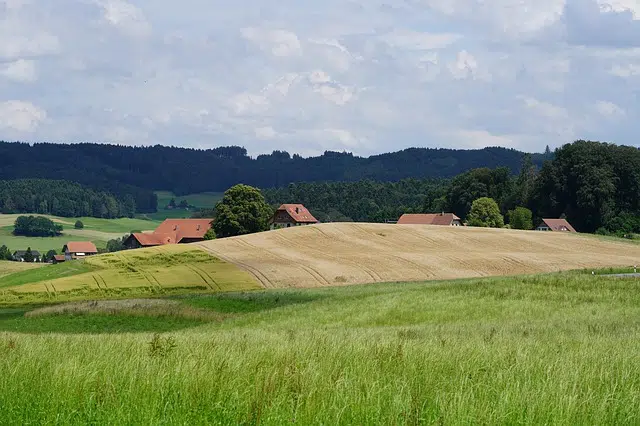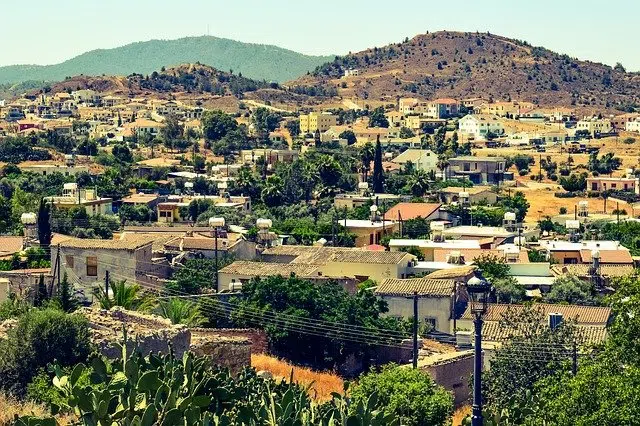
A rural community is a population that develops in an agricultural region.
From the Latin word communitas , a community is a group of people who are part of a town, region or nation, or who are linked by certain common interests (such as the Muslim community).
The rural , on the other hand, is everything referring to or belonging to life in the countryside . The adjective is used as the opposite of urban, which is the area of the city.
What is a rural community
A town that develops in the countryside and far from urban areas is known as a rural community . The concept can refer both to the town itself and to the people who live in said locality.
Rural communities live from agriculture or livestock . These are usually regions where the industry is not developed and therefore the economy is quite precarious.
Some features
Another characteristic of rural communities is poor infrastructure. Unlike cities, rural communities usually have dirt roads and suffer from a lack of public lighting, Internet connection service and other features of modern life. Public services, therefore, are limited to the essential minimum.
The population of rural communities is scarce. With population growth, these settlements generally end up becoming cities and become part of the urban world.
Governments have the obligation to contribute to rural development , which does not mean that they neglect the traditions and customs of these places, but that they favor economic growth through appropriate measures.
There is a general tendency to believe that life in the countryside is calm and boring; On the contrary, regardless of each person's taste and the moral principles that lead them to agree or not with animal exploitation , it is a routine of sacrifices and intense work, getting up at dawn and dedicating their energies entirely to various tasks, which are essential for the sustainability of the rural economy.

The infrastructure of a rural area is usually poor.
Types of rural community
* Academic communities : they base their economic activity on teaching , whether through schools, universities or scientific research. On the other hand, they are of great interest to people outside their territories, which contributes to the growth of their population and the consequent increase in their importance at a regional level.
* Consumption and commerce centers : thanks to automobiles, travel between rural areas and commercial points to purchase food and other essential products is possible. While this is a benefit for many, it also has a negative impact on local jobs, especially when added to the growing number of moves to the city. Some localities opt for the construction of a shopping center ; This movement benefits all those who carry out some type of activity facing the public, since the flow of people increases considerably, and visitors usually complement the purchases of products with the consumption of services, such as hospitality.
* Leisure places : localities that make a living from tourism can base their activities on the presence of natural resources of great public interest (such as beaches, waterfalls and mountainous areas), on a series of offers related to entertainment, or well be attractive for being the center of archaeological activities.
* Retirement centers : mainly in the United States, there are locations that are dedicated to providing housing and care for seniors. These are centers that not only offer assistance to the elderly, but also products to meet their special needs. Among the facilities present there is always a hospital, whether public or private.
